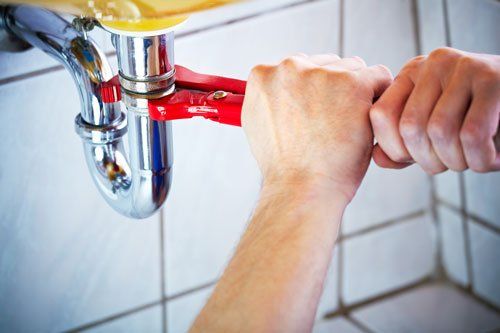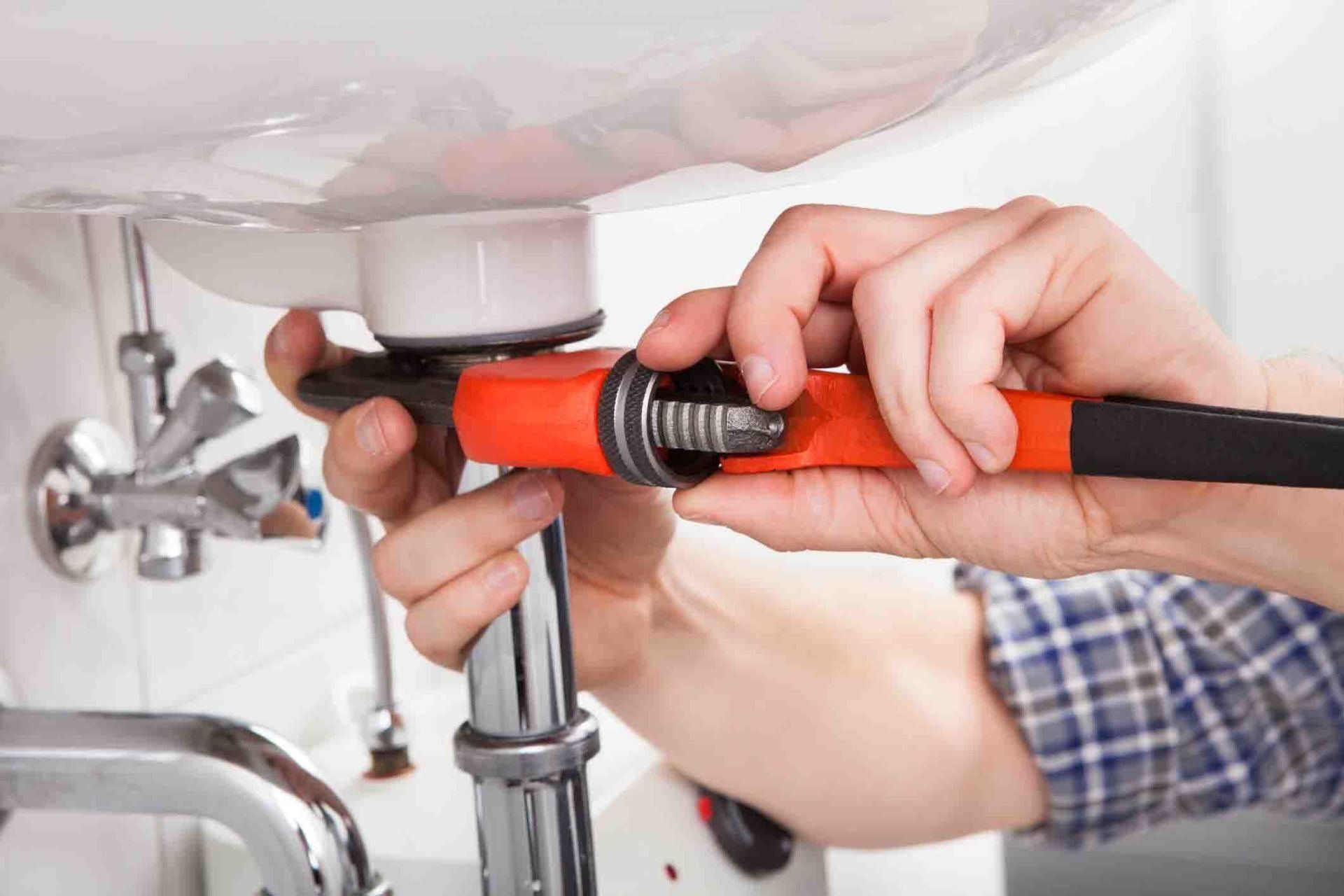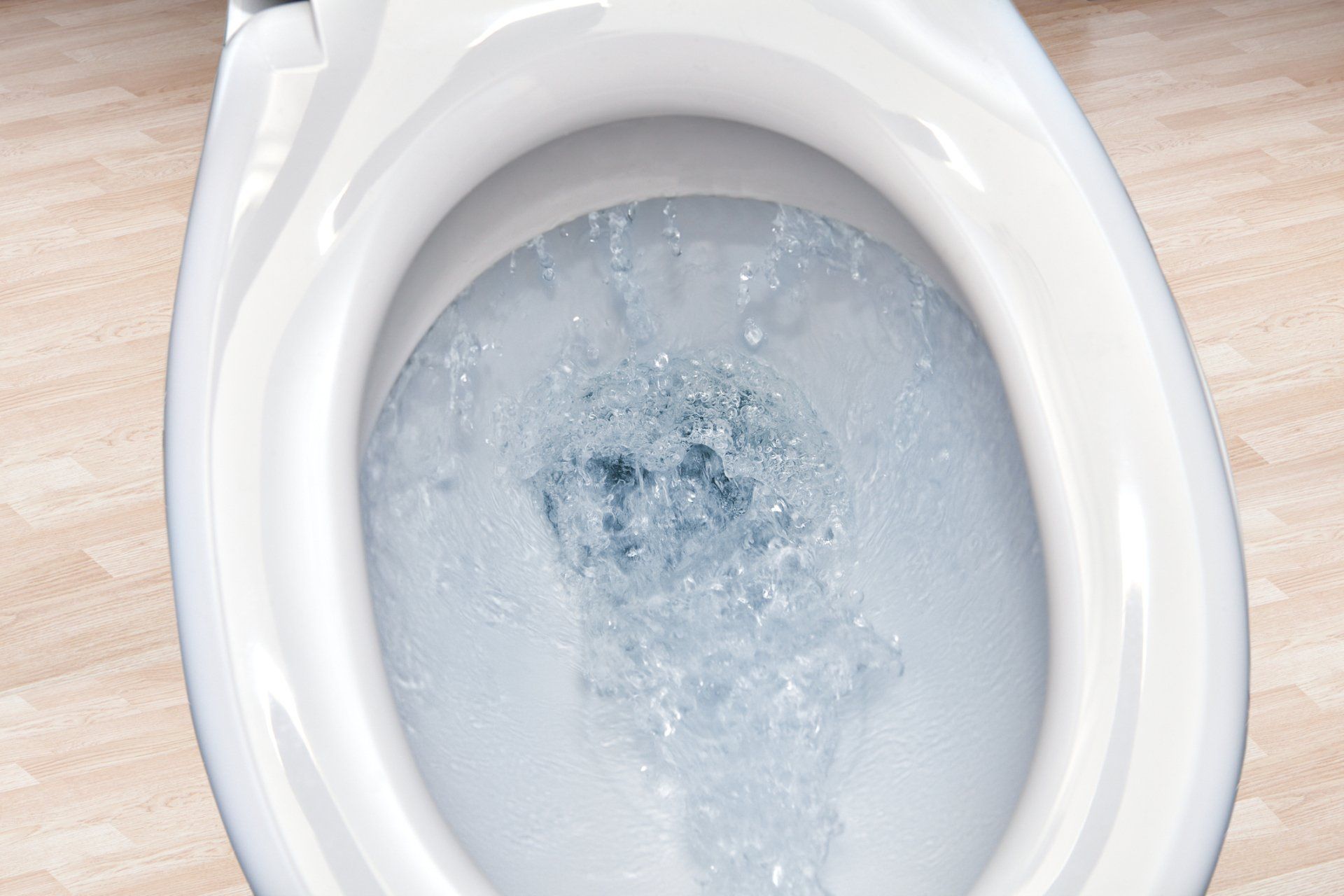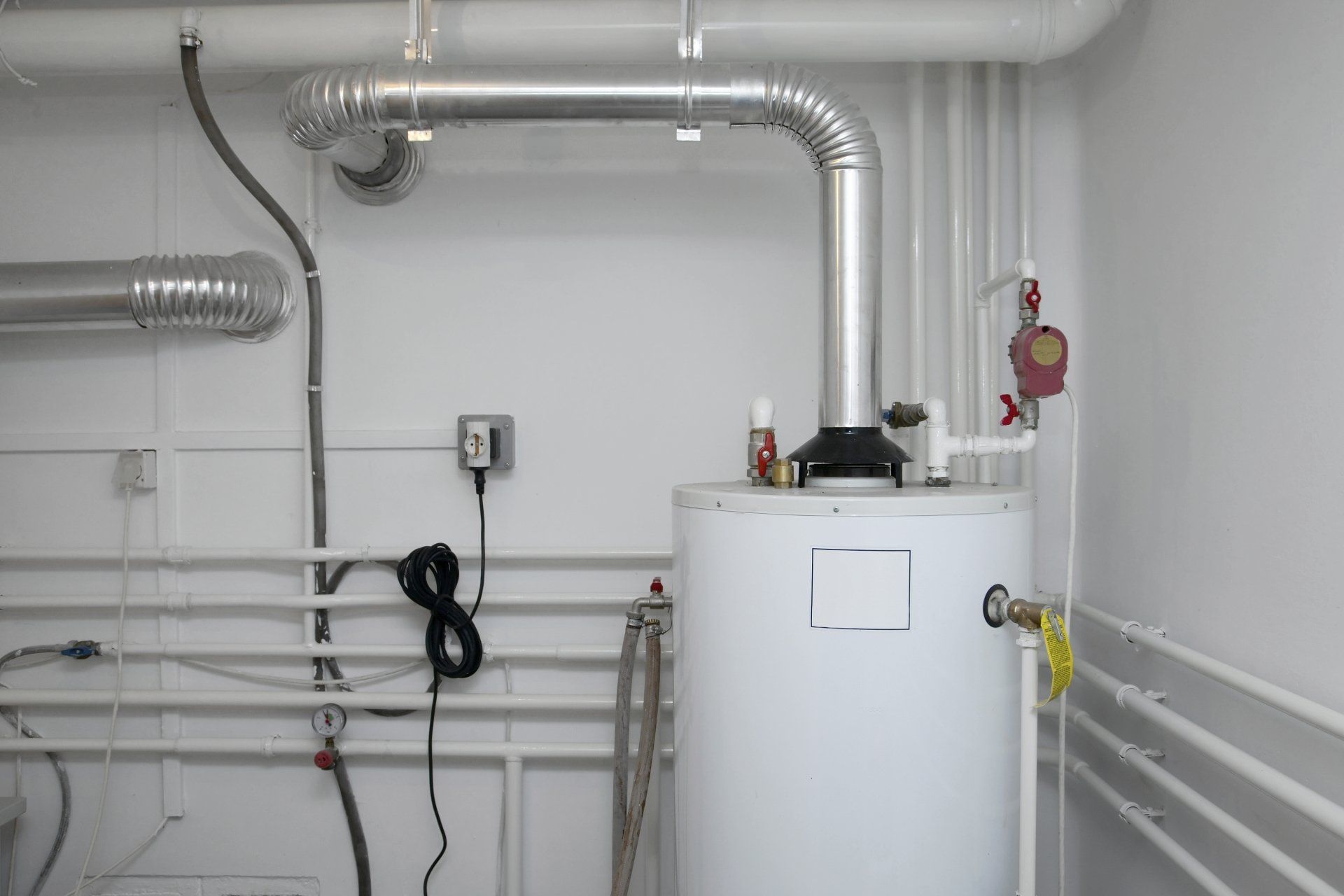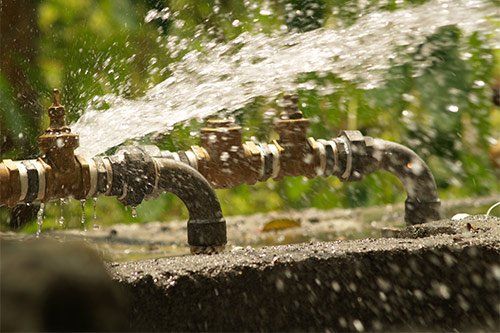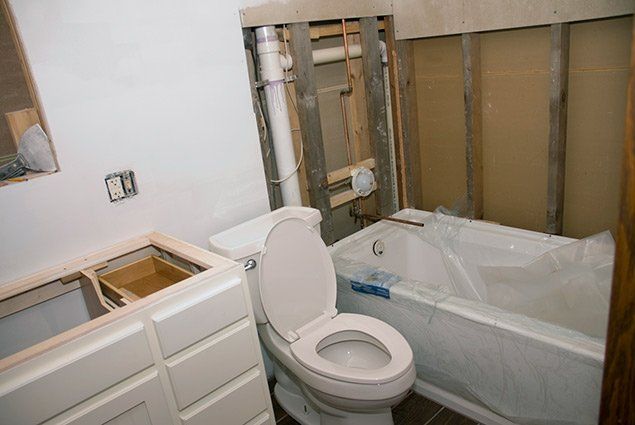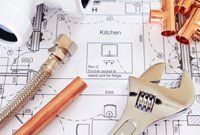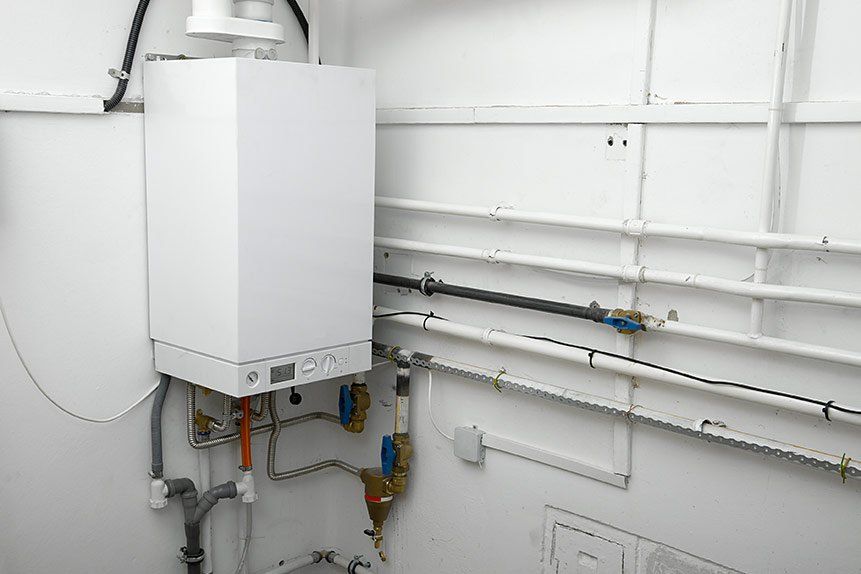Small Habits and Lifestyle Changes That Can Help You Conserve Water
- By Admin
- •
- 18 Jun, 2019
- •
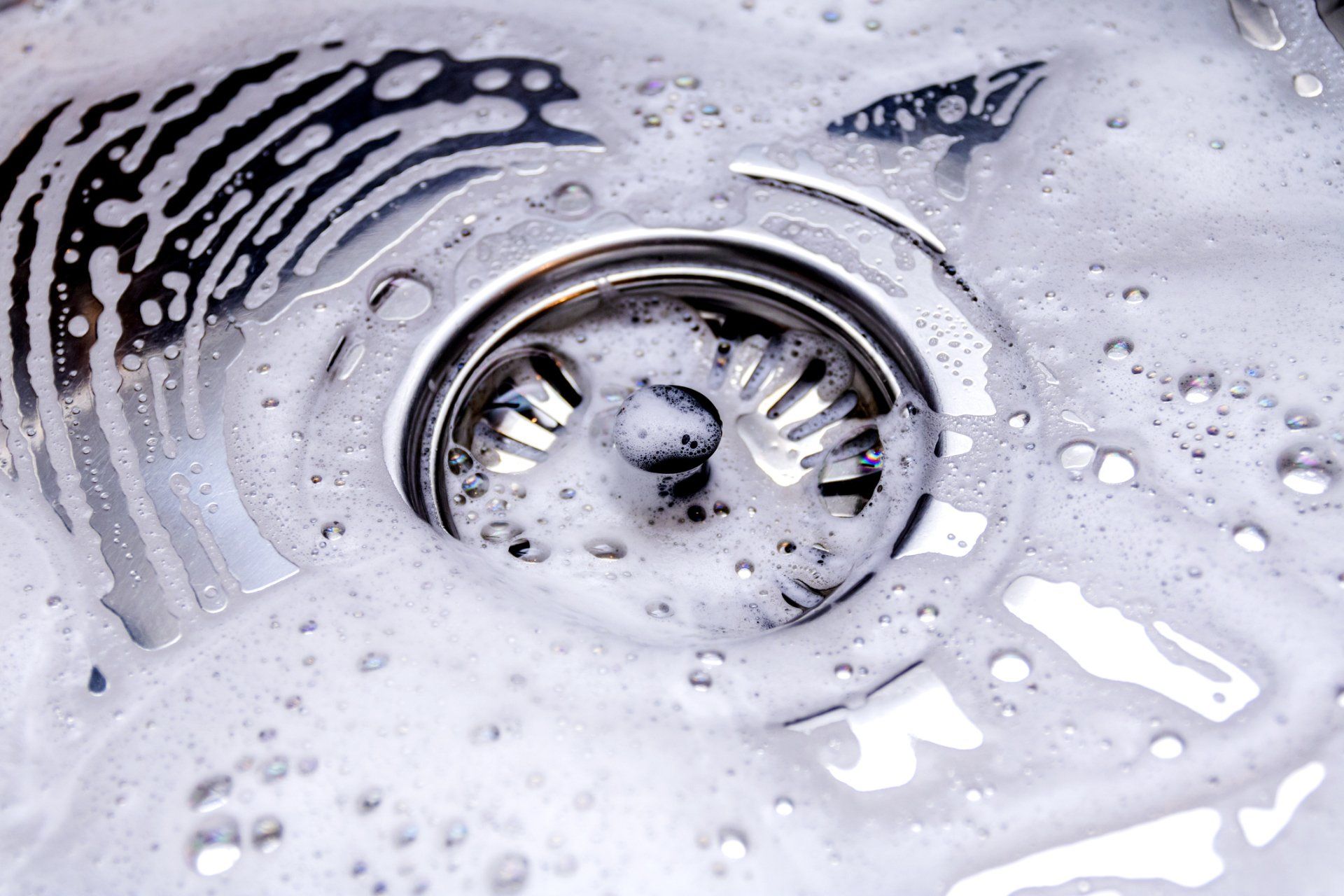
Once you've replaced your appliances and plumbing fixtures with more water-efficient models, what else can you do to cut down on your water usage? Fortunately, making conscious choices about how you use water and forming a few water-efficient habits can help. Here are some small habits and lifestyle changes to consider if you want to conserve more water.
Plug the Sink
Using a water-saving dishwasher is great, but what about the items that don't go in the dishwasher (such as large pots and pans)? Whenever you're washing by hand, it's tempting to use running water and let it go down the drain.
However, if you plug the drain and then start with an inch of soapy water, you can rinse each item with hot running water while simultaneously filling the sink with water you can then reuse to wash the next item.
However, if you plug the drain and then start with an inch of soapy water, you can rinse each item with hot running water while simultaneously filling the sink with water you can then reuse to wash the next item.
Switch Out (or Avoid) the Garbage Disposal
Did you know that using the most common type of garbage disposal requires about nine gallons
of water per use? Not only is this water completely unnecessary if you compost your food scraps instead of sending them to the sewer, but there's actually another type of disposal (called a batch feed) that doesn't use running water.
So to save those nine gallons, you can either swap your continuous feed model for a batch feed model or simply compost your food scraps (if space is limited, you can even find compost bins designed for apartments).
So to save those nine gallons, you can either swap your continuous feed model for a batch feed model or simply compost your food scraps (if space is limited, you can even find compost bins designed for apartments).
Add More Water-Efficient Food
Did you know that intentional meal planning can help you be more conscious of the water that you use indirectly by eating meat? That's because some types of food take a lot more water to grow than others. Meat tops the list, with beef at the pinnacle: according to ZME Science, it takes about twenty times as much water to grow a pound of beef as it would to grow a pound of potatoes, for example.
If you count the times per week you eat beef and then replace one of those meals with fish or chicken, you could save a lot of water each year indirectly. Chicken takes about a quarter as much water to produce as beef does.
If you count the times per week you eat beef and then replace one of those meals with fish or chicken, you could save a lot of water each year indirectly. Chicken takes about a quarter as much water to produce as beef does.
Sweep or Rake the Driveway and Gutters
Realistically, not every mess can be cleaned up without water. But if you're in the habit of simply hosing off your driveway or patio, stop and think a minute before you do. If the area could get reasonably clean with just sweeping, try that instead. Even small water savings can add up.
And when you clean your gutters out, the same applies; use a hose to check for leaks every so often, but the rest of the time you may be able to clean the gutters water-free using just your hands and a scraping or raking tool.
And when you clean your gutters out, the same applies; use a hose to check for leaks every so often, but the rest of the time you may be able to clean the gutters water-free using just your hands and a scraping or raking tool.
Put a Bucket in the Shower
Even if your hot water pipes are insulated, the water in your shower isn't going to be hot instantly. So you may run the water for a few seconds before getting in. You can save this water by sticking a bucket under the flow and then using that to flush the toilet with later.
Try Alternative Toilet Tissue
Even if you don't end up liking it, you should try recycled toilet paper. A roll made with virgin pulp requires about 37 gallons
of water to manufacture, whereas making recycled paper requires much less.
Another alternative is bamboo toilet paper. While it's made of virgin materials, this still saves water during the growth stage: bamboo grows much faster than trees while using less water.
These relatively small habits can help you be conscious of your water use at home and throughout your day without a huge disruption in your life. For more advice on water savings or for help installing and maintaining water-efficient plumbing or insulating, get in touch with AERO Plumbing today.
Another alternative is bamboo toilet paper. While it's made of virgin materials, this still saves water during the growth stage: bamboo grows much faster than trees while using less water.
These relatively small habits can help you be conscious of your water use at home and throughout your day without a huge disruption in your life. For more advice on water savings or for help installing and maintaining water-efficient plumbing or insulating, get in touch with AERO Plumbing today.
Stop accidentally damaging components of your home plumbing system. Read this blog to learn four plumbing myths and the truth behind them.
While old water heaters are more prone to leak, new tanks can leak as well, though usually for different reasons. Learn more about why water heaters leak.

